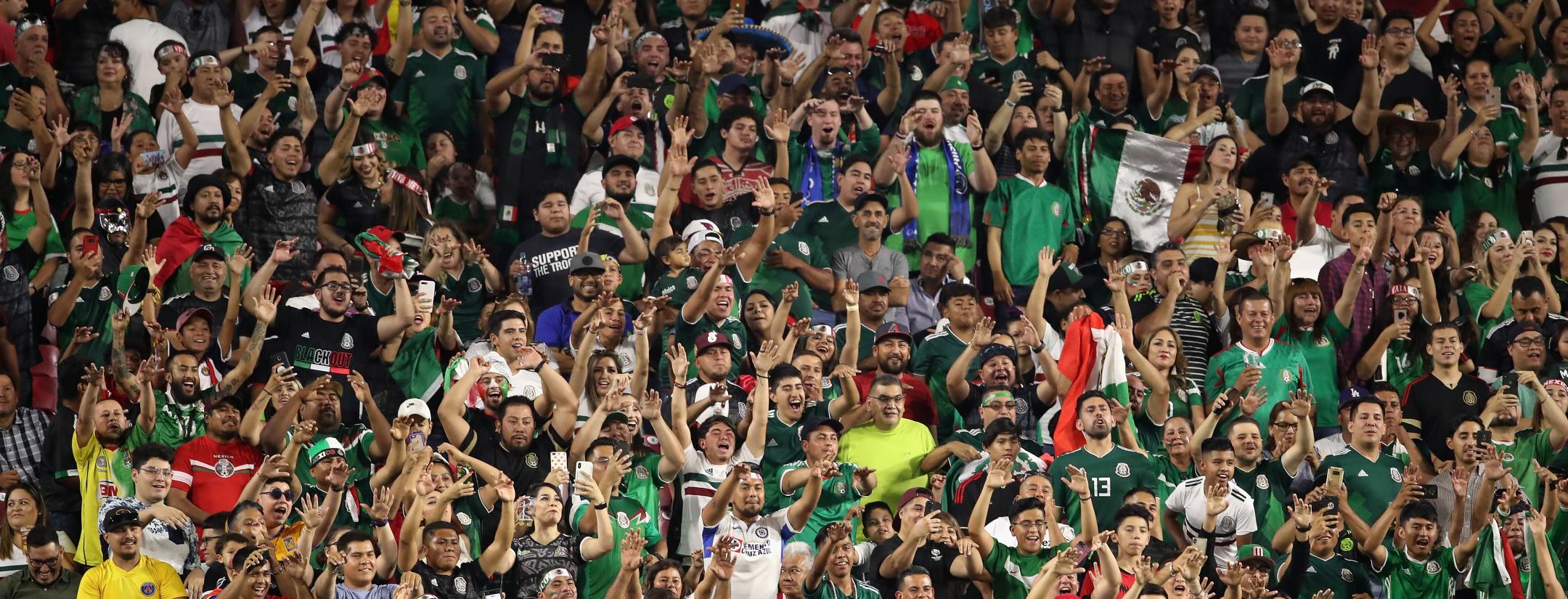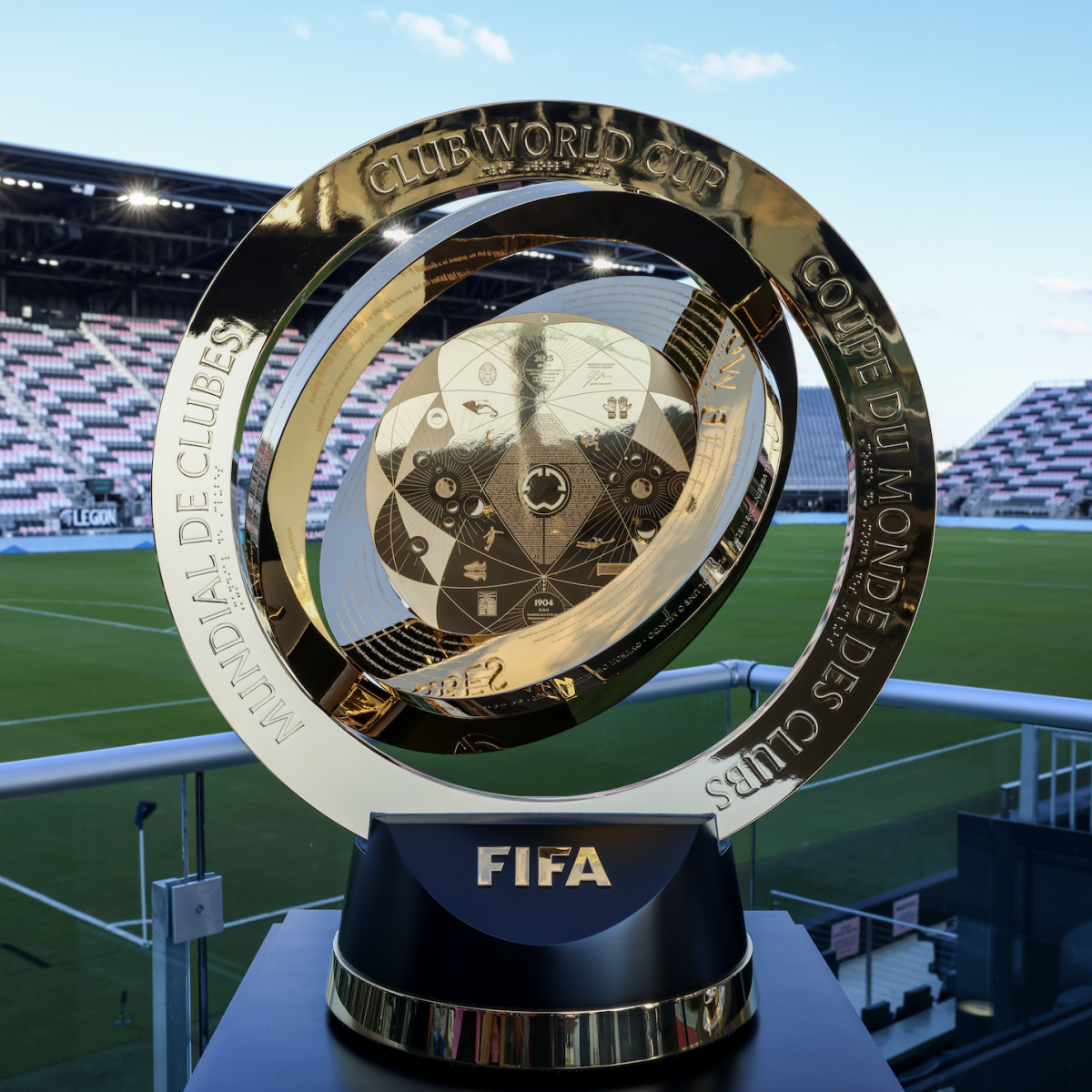Global soccer’s governing body is trying to get tougher on racism, homophobia and all discrimination with a newly redrafted FIFA disciplinary code.
Let’s hope it actually works.
The updated disciplinary code, which will go into effect on Monday, July 15, 2019, will introduce harsher punishments for discrimination on the pitch, whether it’s from players or fans. The redrafted rules, written in consultation with the Fare network, soccer’s preeminent discrimination-monitoring group, are the first significant change to the FIFA disciplinary code in 15 years.
“Topics like racism and discrimination have been updated, putting FIFA at the forefront of the fight against this appalling attack on the fundamental human rights of individuals,” FIFA said in its release of the code.
FIFA introduces innovative approach with launch of new Disciplinary Code: https://t.co/Eh0ciDrXis
— FIFA Media (@fifamedia) July 11, 2019
FIFA’s new disciplinary code is a noble and necessary attempt to stamp out discrimination in the beautiful game, which is rife with racism and homophobia across the globe, including the United States. Chris Gloster, an 18-year-old American, was racially abused while playing in Germany earlier this year; fans of the Mexico national team continue to use an anti-gay chant in Mexico and the U.S.
Two of the most notable changes to the FIFA disciplinary code involve an increase in the minimum ban for racist incidents and the automatic forfeiture of a match if a referee abandons a game for discriminatory incidents, which could have major ramifications for the Mexico national team should Concacaf officials actually follow these rules.
FIFA has committed itself to not letting down victims by increased the minimum ban on players found to have racially abused opponents from five games to 10 games while also inviting victims to make statements during disciplinary hearings. Racial abuse has been rampant across Europe, including Raheem Sterling being the victim of a vile display of racism at Stamford Bridge, the new home of Chelsea and USMNT winger Christian Pulisic.
Before the 2017 Confederations Cup, FIFA instituted a three-step procedure to prevent discrimination from fans. It largely was successful at the 2018 World Cup, along with the threat of taking away fans’ Fan IDs, which would prevent them from attending further matches. Now, FIFA is taking it a necessary step further.
If a referee goes through the three-step procedure — stopping the match, suspending the match and finally abandoning the match — the team of the fans who make the discriminatory acts will automatically forfeit the game, taking a 3-0 loss. Previously, FIFA had no ruling on what would happen after a match was abandoned (it likely would be replayed).
This means that if Mexico fans continue to yell the anti-gay “puto” chant, El Tri could be forced to forfeit World Cup qualifiers (or even World Cup matches). FIFA has previously declared the chant homophobic and discriminatory, but the fans continue to show they do not care about their hurtful actions. Concacaf has not yet ordered its referees to stop matches when the chant is used, as evidenced by its continued use throughout the 2019 Gold Cup.
For its part, the U.S.-based El Tri supporters group Pancho Villa’s Army has committed to ending the chant. In a statement Friday, founder Sergio Tristan said the group would be putting in a clause in the membership rules and code of conduct forbidding use of the chant. Fans who wish to sit with PVA must abide by those rules.
“We understand that some of you will disagree with our position,” Tristan wrote. “But for Pancho Villa’s Army, growth isn’t just about more people, it’s about the right people. It’s about people joining who wish to create an environment that feels welcoming to our LGBTQ Mexico fans. As an organization that has LGBTQ leaders and members we take this charge very seriously.”
The updated FIFA disciplinary code also includes implementation of transfer bans for clubs that default on payments to players, staff or other clubs. FIFA decided a transfer ban was a more effective deterrent and punishment than a deduction of league points.
FIFA also wants greater transparency and protection for those without the finances to defend themselves. FIFA will provide pro bono legal aid to ensure everyone has adequate counsel when dealing with the Disciplinary Committee. Additionally, certain hearings, such as those involving doping and match manipulation, will be open to the public if the parties request it. Plus, FIFA will launch the website legal.fifa.com later this year to publicize major decisions from FIFA judicial bodies and provide other legal resources.
Sadly, the new FIFA disciplinary code only applies to clubs, players and fans and not to FIFA itself, or the countries hosting FIFA events. Thus, the 2022 World Cup will still be played in Qatar, a country that has been accused of committing many human-rights violations just in preparation for the tournament.




